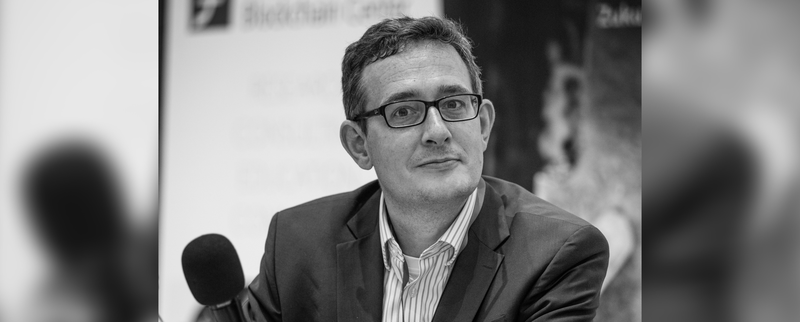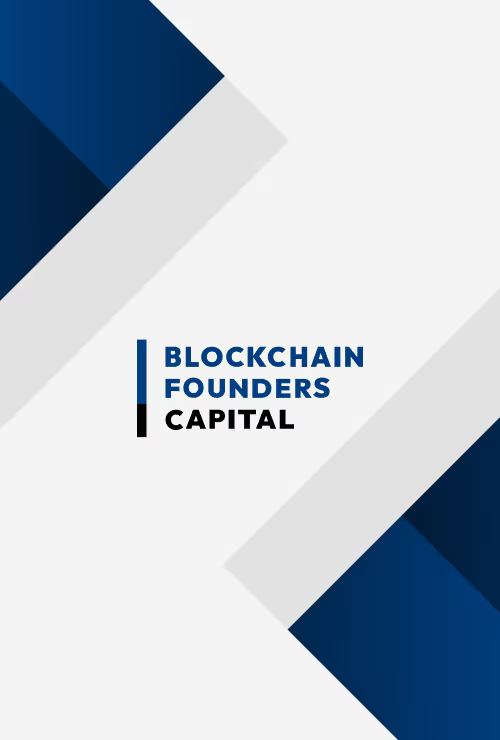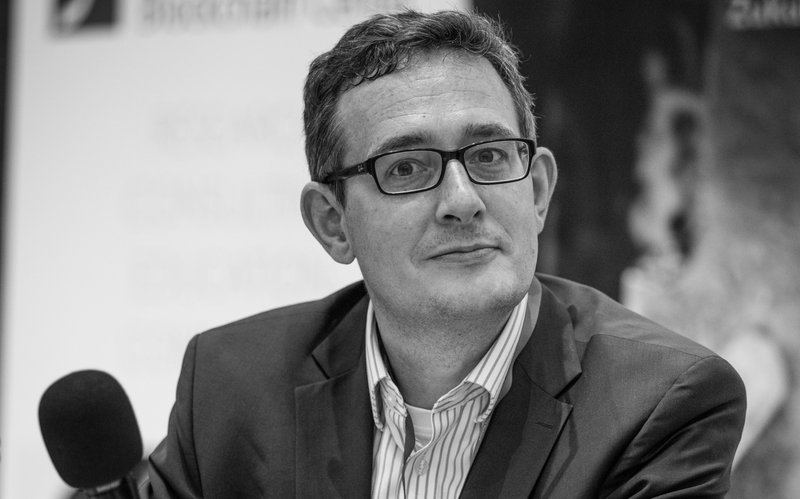
Beyond Theory
Feb 1, 2024
|
10 mins
Philipp Sandner, researcher, community organizer, investor, and co-founder of Blockchain Founders Capital, died on January 16, 2024, aged 43.
Patents first captured his attention when he wrote his 2009 dissertation on "The Valuation of Intangible Assets - An Exploration of Patent and Trademark Portfolios."
Later, his research shifted to another nonphysical domain: bitcoins and blockchains. But he never failed to make the transfer from academic studies to the real-life business world.
Although his subject areas were intangible, he remained very approachable as a professor, community organizer, mentor, investor, founder, adviser, and thought leader.
Well before becoming the gravitational center of the German blockchain community, he co-founded his first startup in 2011 with a focus on patent monetization.
He believed that patented inventions needed the right context to maximize their potential. To achieve this, he connected inventors with tech companies, brokering mutually beneficial technology transfers.
Then he discovered Bitcoin, the first use case of blockchain technology, and became curious.
After 2016, as global intellectual property markets nosedived due to legal disputes between Apple and Samsung, he moved all in and founded the Frankfurt School Blockchain Center.
This mission is what most people would come to remember him for.
He realized businesses needed a clear understanding of blockchain technology to embrace its possibilities fully.
To achieve that, he never hid behind the special lingo and complexities of the crypto world but instead found simple ways to explain his fascination with the technology.
He held strong convictions about where the technology would eventually go but was often frustrated by the industry's slow pace of adoption.
He appreciated regulation because it legitimized his research area a little more every year. However, he perceived far greater potential in this technology than most politicians or industry leaders could see.
He went on to build the German blockchain community step by step through educational programs, podcasts, round-tables, conferences, chat groups, books, articles, and TV appearances.
He never put himself in the spotlight but advocated for the cause of the research area he passionately stood for.
Noticing that only a small fraction of his blockchain students were women, he initiated the “DLT Talents” program at the Frankfurt School, paving the way for many of today's female leaders in the crypto world.
Despite his strong convictions, he remained self-reflective, often asking his friends, “Are we on the right track?”
He never shied away from seeking and hearing their sometimes uncomfortable but honest opinions and would act on the feedback.
Networking was his forte. He brought people together. Typically, if you sought his help, you would leave with at least two recommended contacts he personally provided.
While not exactly an extrovert, he felt at ease with people from all walks of life. Always a bit reserved, he would shake hands where others hugged. Yet his esteem for the other person was always honest, heartfelt, and respectful.
Productivity was his mantra. To manage his massive workload, he “cloned” himself by sharing his best practices, software tools, and processes with his team. “There wasn’t a keyboard shortcut he didn’t know,” remarked a former colleague.
He had learned from the patent space that having an idea was worthless unless you could turn it into a real product or a service.
Therefore, whenever a startup team approached him with a new idea, he insisted they launch a website within four weeks. He also strongly advised them to talk with potential customers daily, well before they had a finished product.
He knew many ideas would not survive the reality check of talking to clients.
Long before it became fashionable again to focus on generating revenue over raising venture capital, he advised his young founders to start earning revenue, no matter how small, right from the start.
Bragging about his numerous achievements, whether in academia or business, was not his style. Yet, he appreciated the respect it showed. He was acutely aware, however, that such respect had to be earned anew each day.
Although he appeared to be working 24 hours a day, everyone in his circle of friends knew that his family was the achievement he was proudest of.
He would be the first to concede that going on a hike in the Alps with his family was so much better than any crypto Metaverse could ever be.
















